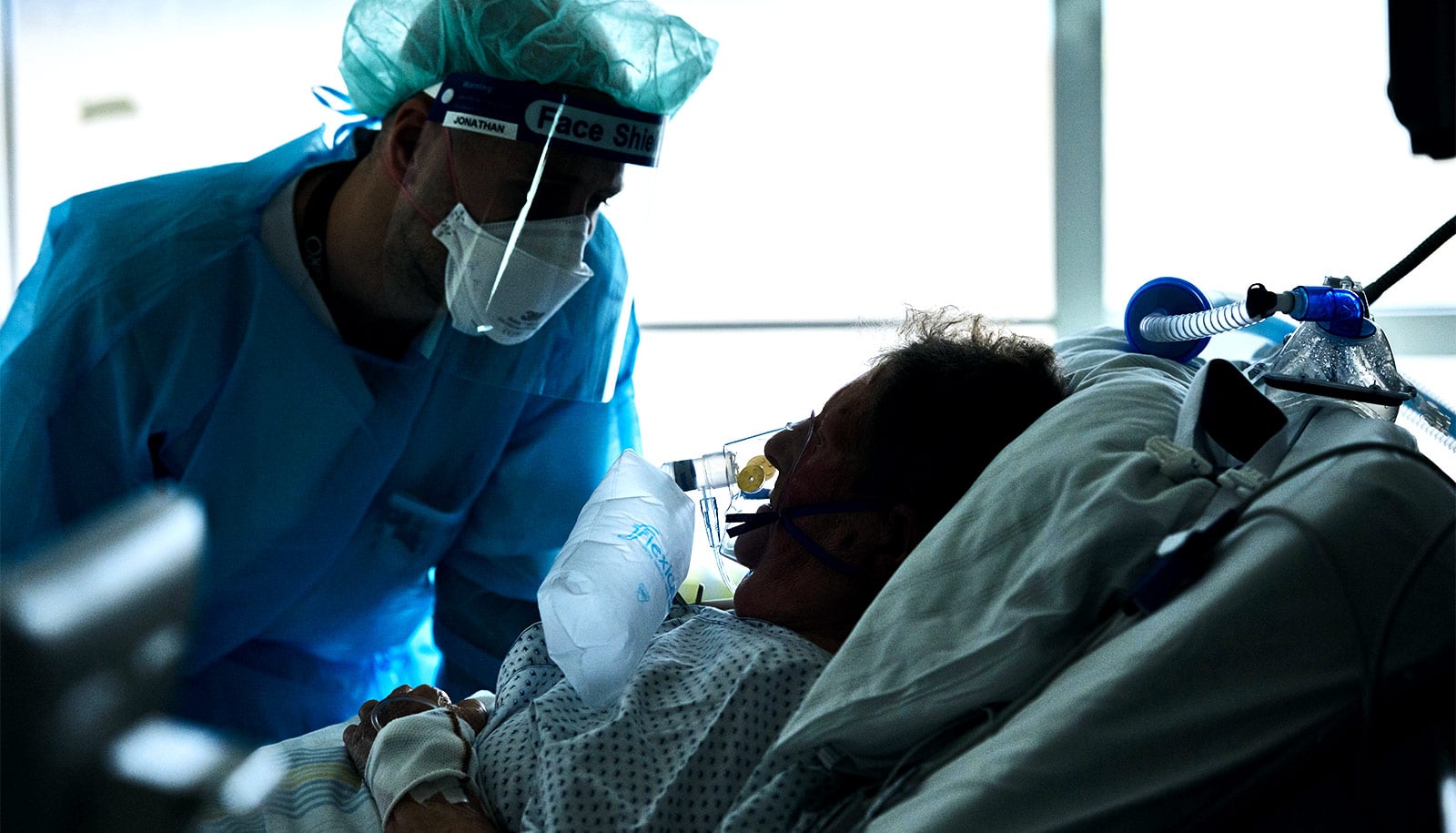
Patients hospitalized with COVID-19 pneumonia have a higher risk of developing dementia than those with other types of pneumonia, according to a new study.
The researchers pulled Cerner Real World Data from 1.4 billion medical encounters prior to July 31, 2021. They selected patients hospitalized with pneumonia for more than 24 hours.
Among 10,403 patients with COVID-19 pneumonia, 312 (3%) developed new onset dementia after recovering, compared to 263 (2.5%) of the 10,403 patients with other types of pneumonia diagnosed with dementia.
“The risk of new onset dementia was more common in COVID-19 pneumonia patients over the age of 70 in our study,” says lead researcher Adnan I. Qureshi, a professor of clinical neurology at the University of Missouri School of Medicine.
“The type of dementia seen in survivors of COVID-19 infection mainly affects memory, ability to perform everyday tasks, and self-regulation. Language and awareness of time and location remained relatively preserved.”
The median time interval between infection and dementia diagnosis was 182 days for COVID-19 patients.
The study only included new onset dementia associated with hospital admission during a short follow-up period. Qureshi says further study over longer periods of time would provide a more complete picture and may help to determine the underlying reasons why COVID-19 pneumonia might increase dementia risk.
“The findings suggest a role for screening for cognitive deficits among COVID-19 survivors,” Qureshi says.
“If there is evidence of impairment during screening and if the patient continues to report cognitive symptoms, a referral for comprehensive assessment may be necessary.”
The study appears in the journal Open Forum Infectious Diseases. Additional study authors are from the University of Missouri School of Medicine and the Missouri Informatics Institute.
Support for this study came from the National Institutes of Health. The content does not necessarily represent the official views of the funding agency. Qureshi has received consultation fees from AstraZeneca. The authors declare no other potential conflicts of interest.
Source: University of Missouri